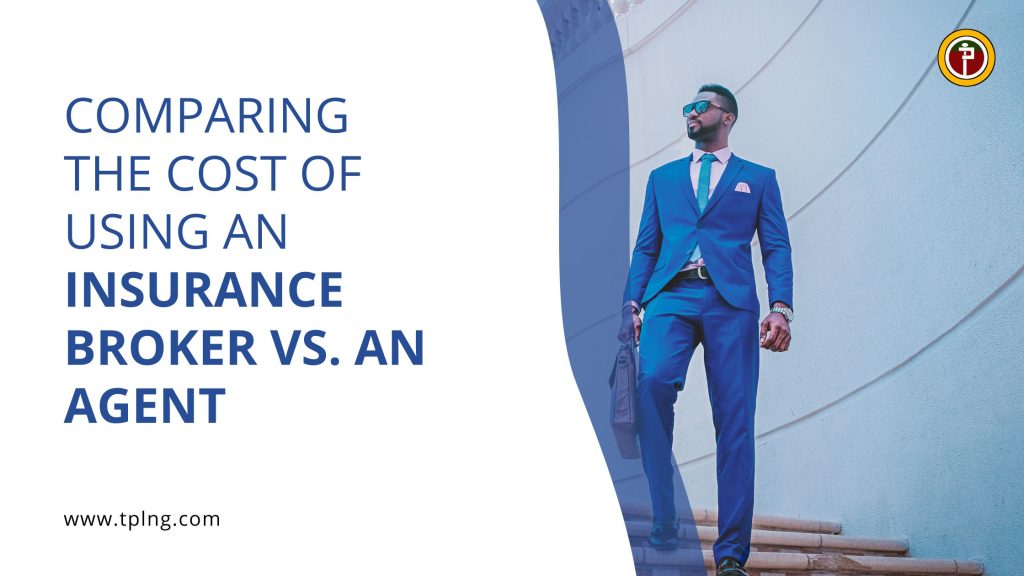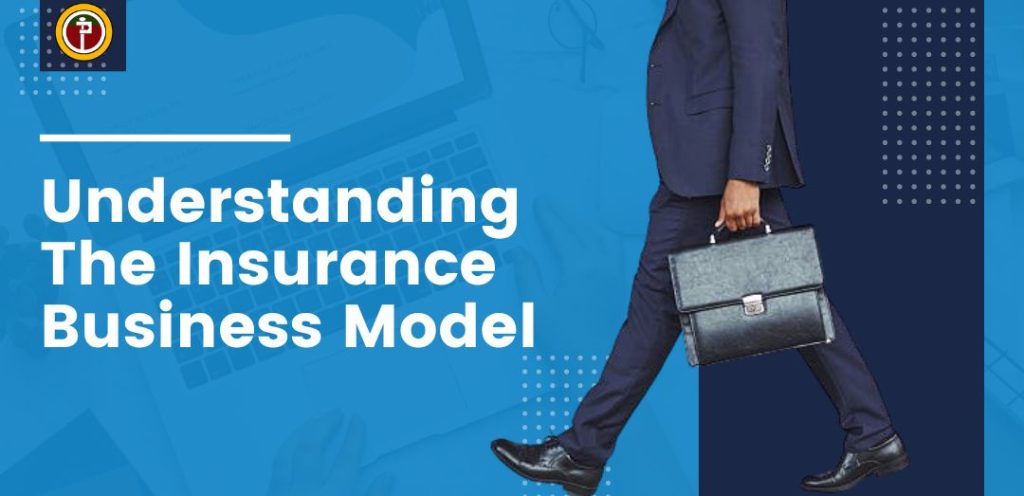In Nigeria’s growing and increasingly complex insurance market, many individuals and businesses turn to professionals to help them navigate their insurance needs. Two key intermediaries often engaged in this process are insurance brokers and insurance agents. While their roles are often misunderstood or used interchangeably, there are important distinctions between them—including how they are compensated and how that affects the cost to the policyholder.
This article explores the cost implications of using an insurance broker versus an agent, helping you make informed decisions when purchasing insurance in Nigeria.
Who Is an Insurance Broker?
An insurance broker is an independent professional or firm that acts on behalf of the client (the insured). Brokers do not work for any particular insurance company; rather, they are licensed to offer a wide range of products from various insurers. Their primary responsibility is to find the best insurance solutions tailored to the client’s specific needs and to advocate for the client in the event of a claim.
Who Is an Insurance Agent?
An insurance agent, on the other hand, represents one or more insurance companies. Agents are contracted and authorized to sell insurance policies on behalf of those insurers. In Nigeria, agents are often the first point of contact for customers seeking insurance policies—especially in retail markets.
There are two main types of agents:
- Captive agents, who represent a single insurance company.
- Independent agents, who may represent multiple insurers but still work primarily in the interest of the insurance companies.
Cost Comparison: Broker vs. Agent
1. Commissions and Fees
Insurance Brokers:
- Brokers typically earn a commission from the insurance company when they successfully place a policy.
- In some cases, especially for large or complex insurance needs (like corporate policies), brokers may also charge an additional service fee agreed upon with the client.
- Because they are not tied to one insurer, brokers can compare prices across the market to get the best value—potentially saving you money in the long run.
Insurance Agents:
- Agents also earn a commission from the insurer for every policy sold.
- They do not charge the customer directly in most cases, making it seem like a “free” service.
- However, because they offer limited product options, customers may not always get the most cost-effective policy.
Summary: While both brokers and agents are paid commissions, brokers may charge a separate consulting fee, depending on the agreement. However, brokers can provide cost savings by offering more competitive products across the market.
2. Access to Multiple Products
Brokers:
- Brokers shop around among several insurance companies to find the most suitable coverage at competitive rates.
- This broad market access can lead to better premiums, discounts, or more comprehensive coverage.
Agents:
- Agents can only offer policies from the companies they represent.
- This may limit your options and potentially lead to higher premiums due to lack of market comparison.
Summary: Brokers provide more cost-efficient options by comparing policies from different insurers. Agents are limited in what they can offer, which may indirectly increase your costs.
3. Value-Added Services
Brokers:
- Brokers often provide risk assessments, policy reviews, and claims support as part of their service.
- These services can prevent costly errors, ensure adequate coverage, and expedite claim payouts.
Agents:
- Agents may offer customer support but often refer claims or complex issues back to the insurer.
- Their services may not include detailed policy analysis or claims advocacy.
Summary: While brokers may charge more upfront, the additional value they bring—especially in complex or high-value insurance—can reduce costs and losses in the long run.
4. Suitability Based on Insurance Needs
When to Use a Broker:
- For complex insurance needs (e.g., business, marine, aviation, health schemes).
- When you need customized coverage or a detailed analysis of your risk profile.
- When you want access to a wide range of options.
When to Use an Agent:
- For simple, straightforward policies (e.g., motor third-party, travel insurance).
- When you’re already familiar with the insurer’s products.
- When convenience and speed are more important than comparison shopping.
Legal and Regulatory Framework
In Nigeria, both brokers and agents are regulated by the National Insurance Commission (NAICOM) to ensure ethical conduct and consumer protection. However, brokers are required to meet higher capital and professional standards due to their advisory role.
Final Verdict: Which Is More Cost-Effective?
| Criteria | Insurance Broker | Insurance Agent |
|---|---|---|
| Cost to Client | May include service fees + commissions | Commission only (usually no extra fees) |
| Product Range | Wide (multiple insurers) | Limited (specific insurer(s)) |
| Risk of Overpayment | Lower (can compare options) | Higher (limited price comparison) |
| Claims Support | Strong (advocates for client) | Limited (represents insurer) |
| Value for Complex Needs | High | Low |
| Ideal For | Businesses, professionals, and high-net-worth individuals | Basic policies and quick access |
If your insurance needs are simple and you are loyal to a particular insurer, an agent may suffice. However, if you want to maximize value, access competitive pricing, or need personalized guidance, then the slightly higher upfront cost of a broker may be well worth it.
In conclusion, understanding the cost dynamics between brokers and agents can help Nigerian consumers make smarter insurance decisions. While agents may seem more affordable on the surface, brokers often deliver better value through broader options and client-focused service.
At Transparent Protection Ltd, we believe in empowering consumers with the knowledge to choose insurance partners that offer not just affordability, but quality, transparency, and trust. Whether you go with a broker or an agent, ensure they are licensed by NAICOM and committed to meeting your unique needs.




